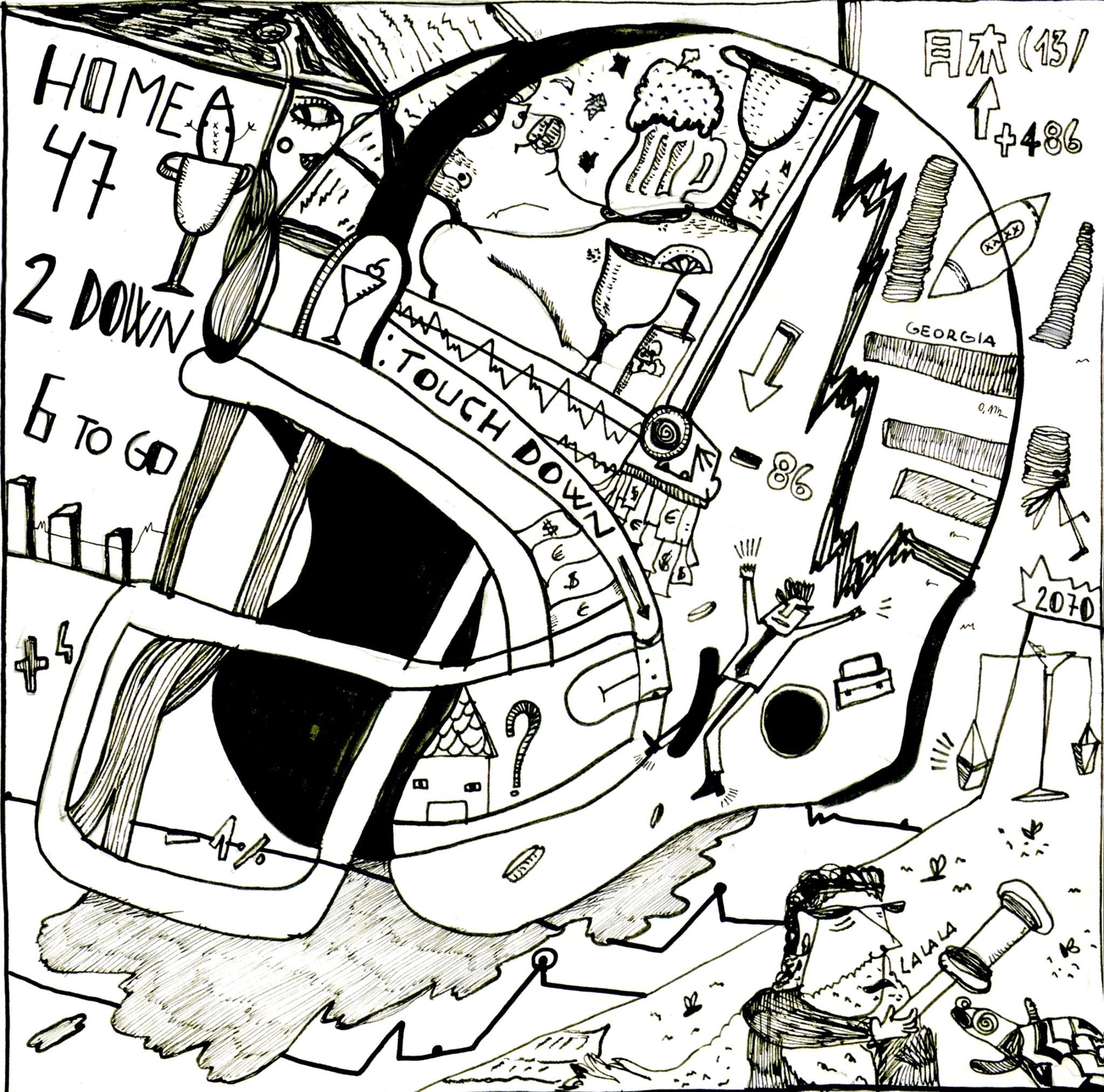L osing is part of sports. Watching your favorite team lose a big game can be tough to handle. You feel disappointed, upset or even angry. Fans get together to drink, eat, blame the reference, and sometimes get involved in street violence. But is that all? No! The impact of losing a game is much larger than you can imagine.
The impact of mood changes, triggered by unexpected losses of sports teams, has been documented in various studies. Short-lived stock market decline can actually be observed after the national soccer team losses an international soccer game, while asylum grant rates in U.S. immigration courts differ by the success of the court city’s NFL team. In the opposite direction, at the University of Oregon, the grade point average of male students’ declines during the football seasons when the university’s football team is successful; this is attributed to increased alcohol consumption in response to the team’s success.
You may think that the consequences caused by the losses of sports teams are either reversible or unimportant, since the stock market can climb back, the application can be taken for several rounds, and academic performance of one course can hardly affect a person’s life. However, Eren and Mocan (2016) find that judges, who are expected to be free of personal feelings and emotions, also experience emotional shocks associated with unexpected outcomes of football games played by the college team where they received their bachelor’s degrees. Sentence lengths are larger for judicial decisions made in the week following unexpected losses. They also provided evidence indicating that the results cannot be explained by attorney interference, defendant socio-economic background, or by potential courtroom misconduct of juveniles that could have promoted judges’ anger.

